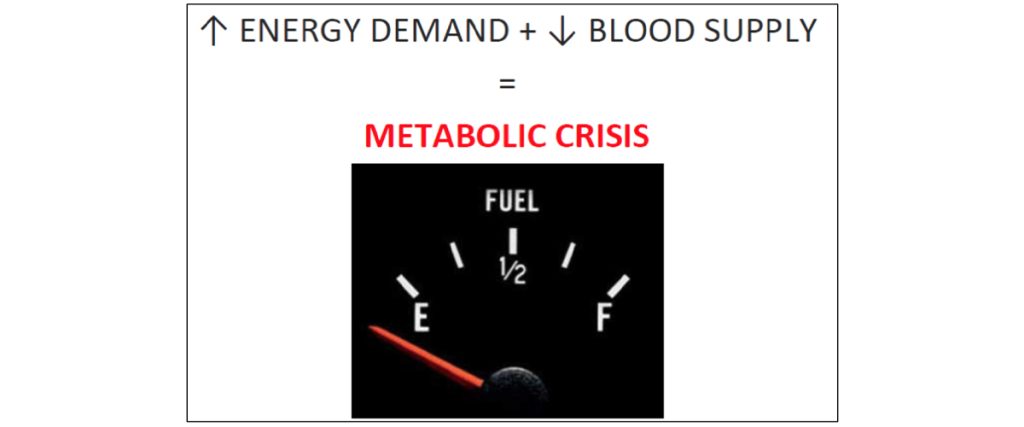Concussions have become a highly discussed and debated topic. Because of our increased awareness, the diagnosis of concussion has increased dramatically at all levels of athletics and in the general population. However, many athletes, parents, and even clinicians lack a good understanding of the underlying condition, the several types of concussion, and the appropriate ways to properly evaluate and manage the condition.
WHAT IS A CONCUSSION?
A concussion is a functional injury of the brain that results in altered metabolic activity within the brain. This alteration involves changes in chemical activity, increased energy demand, and decreased blood flow within the brain. Simply put, the combination of increased energy demand and decreased blood flow results in an “energy crisis” that impairs optimal function and leads to the symptoms of a concussion. Many of these changes occur within the first 24 hours of the injury, but some of these changes can persist for multiple weeks!
Contrary to widespread belief, a concussion does not involve any structural damage to the brain or surrounding structures of the head and neck. Other injuries to the head and neck may occur in conjunction with a concussion but are not required to be diagnosed with a concussion, which is diagnosed based on the individual’s signs and symptoms. Therefore, if a concussion is suspected it is imperative to be evaluated by a medical professional that can guide appropriate care and rule out the possibility of a structural injury that may require diagnostic imaging. However, if a head or neck injury is not suspected, then diagnostic imaging is not indicated, and diagnosis is based on a thorough clinical examination.
WHAT CAUSES A CONCUSSION?
Concussions can occur through a variety of mechanisms. Although most common in impact sports, they can also occur in non-impact sports and in incidents such as motor vehicle accidents. Typically, a concussion occurs when an impact is made with the head, or the head and neck undergo a violent acceleration or deceleration motion. These motions can place stresses on the structures within the brain that result in injury and responds with altered metabolic activity. It is important to remember that a concussion does not always require a violent motion or loss of consciousness. Even seemingly innocent injuries can lead to a concussion! Furthermore, signs and symptoms do not always present immediately, so it is important to be aware of and monitor for the signs and symptoms and seek medical care if suspected.
WHAT ARE THE SIGNS AND SYMPTOMS OF A CONCUSSION?
Typical signs and symptoms of a concussion can vary between individuals. The most common symptom of a concussion is a headache, but other common symptoms may include:

Additionally, symptom presentation and recovery can vary drastically between individuals and may be based on age, gender, activity level, and history of prior injury, among other factors. For instance, symptoms may be exaggerated in younger individuals due to an immature neurologic system. On average, professional athletes become asymptomatic in 1-2 days, collegiate athletes in 2-7 days, and high school athletes in 1-2 weeks! And, while most people recover in less than 2 weeks, approximately 20% of individuals take more than 3 weeks to recover! This is referred to as post-concussion syndrome and can lead to persistent symptoms that not only impact return to athletic activities but can impair mental performance and cause persistent pain. In these scenarios it is especially important to seek medical advice from a qualified medical provider that can accurately identify the type of concussion, contributing factors, and appropriate management options.
WHAT TO DO…
Now that you are more informed about the potential causative factors and signs and symptoms related to concussion, it is important to recognize when a concussion might be present and be evaluated by a medical professional if it is suspected. If sustained at a school-related sporting event this may be performed by the Athletic Trainer, but, if one is not present, a physician that specializes in concussion is a great option. They can decide if further testing is warranted and refer to Physical Therapy! As we will soon see in the next segment in this four-part series, a concussion is not as simple as we once thought, and Physical Therapy can be a fantastic treatment option to promote return to function.

